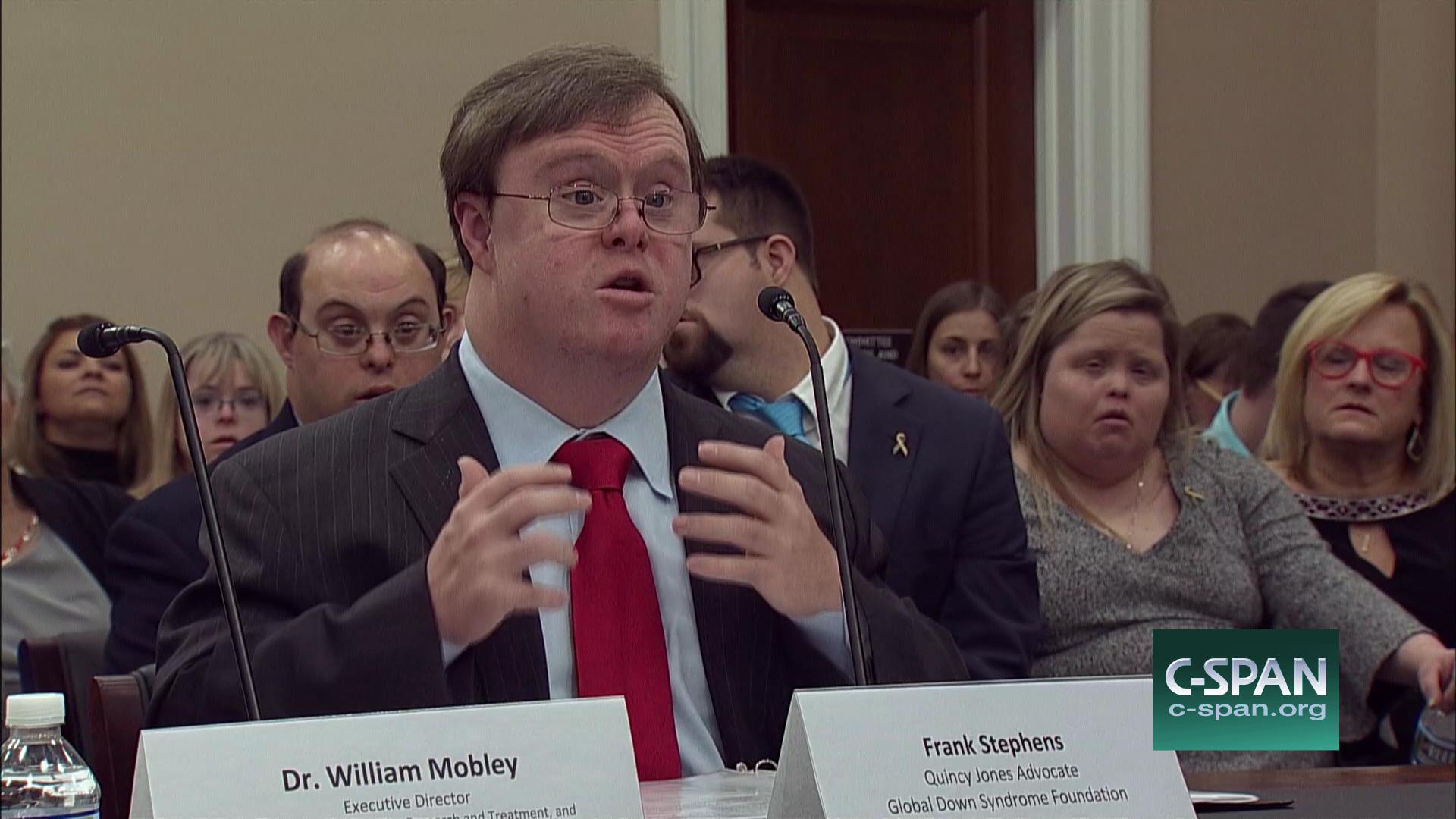Due to abortions, only one or two babies with Down syndrome are born each year in Iceland, and the country is not alone in having high termination rates. Rosie Plummer discusses the moral implications of aborting a Down syndrome foetuses.
Down Syndrome is a genetic condition, which causes distinguishable physical characteristics and a variety of learning disabilities. The condition is usually caused by an extra chromosome in a baby’s cells, and can therefore be detected before birth. In the UK, all mothers are offered screening for Down syndrome in their unborn child. Women who discover that their child has the syndrome are encouraged to meet with specialists to prepare themselves for life as a mother, however, many women choose instead to abort the child after learning of its condition.
In researching this article, I was perhaps naively surprised to discover that the argument for preventing Down abortions has become politicised by Pro-Life activists. Almost every link I clicked on relating to Down’s-abortions invited me to donate $20 to prevent ‘the murder of babies’. So perhaps I should clarify that I am pro-choice, as I genuinely believe that women should be allowed to have control over their own bodies. However, sometimes aborting a child with Down syndrome is not a choice made by women purely to reclaim their bodies, but a choice made out of prejudice and fear.
Frank Stephens: “I am a man with Down Syndrome, and my life is worth living.”
Grateful for *all* those who fight for equal dignity and shared humanity. 🇺🇸#ThanksgivingWeek pic.twitter.com/6qb1ex04am— Josh Lawson (@josh_lawson) November 18, 2017
Activist Frank Stephens recently called on Congress to recognise children with Down syndrome’s right to exist. In the speech which Stephens made before Congress on October 27th, he called for society to stop seeing Down’s as a problem. Stephens focused especially on the link between the condition and Alzheimer’s as a justification for each child’s life, but arguably it was the first part of his speech which was most moving. He declared, “I am a man with Down syndrome and my life is worth living”.
Many children with Down syndrome (as Stephens’ own life demonstrates) go on to live happy and successful lives. Indeed, a recent Harvard study that Stephens referred to, notes that such children and their families are actually happier on average than other members of society. Children with disabilities can be loved and valued as individuals, just like everyone else. The narrative that such people are ‘unnatural’, that it makes life for those living with the condition not worthwhile, and that having a child with the condition necessarily makes life worse for the carers should be challenged.
I believe that women who genuinely feel unable to cope with the challenges that having a child with Down syndrome may bring should be free to abort, but equally I believe that governments, such as Iceland, Denmark and South Korea, should not be actively encouraging these practices. These governments are reinforcing the misconception that these children are a ‘problem’. They are not a ‘problem’ and therefore they do not need ‘curing’, and they definitely do not need destroying. Society needs to re-educate itself about this condition in order to adapt and become more inclusive of individuals with Down syndrome, rather than create a world in which they do not exist.
Rosie Plummer
Photo credit: https://www.c-span.org/video/?436266-1/frank-stephens-shares-experience-living-syndrome-research-hearing

